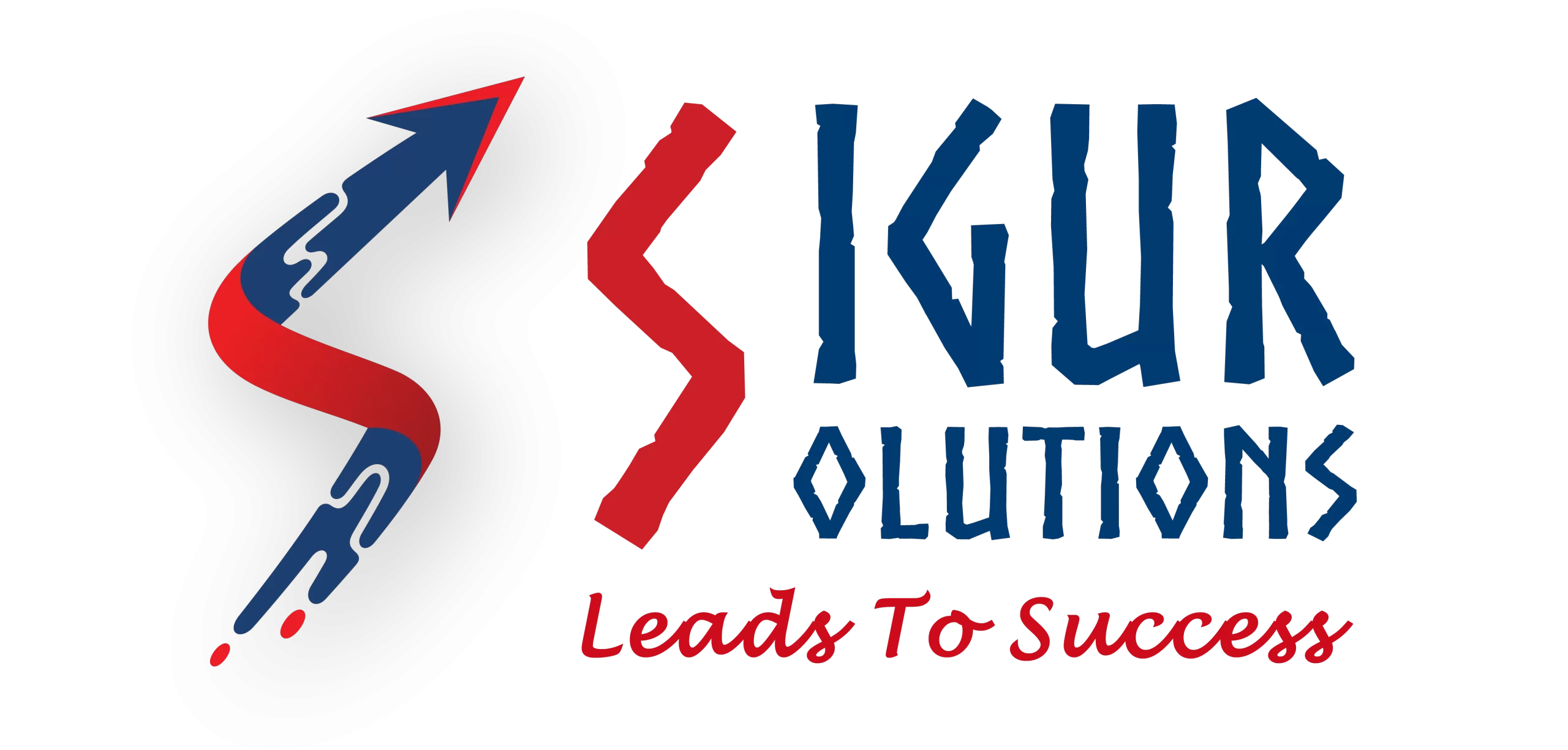Selling event tickets can be challenging, especially in today’s competitive market where numerous options are available for audiences. To succeed, you need more than just an engaging event; you need a well-crafted marketing strategy to grab attention, generate buzz, and convert interest into ticket sales. Here’s a comprehensive guide to effective marketing strategies that will help boost your event ticket sales.
1. Know Your Target Audience
Before you start promoting, clearly define your target audience. Are you targeting young professionals, families, or music enthusiasts? Understanding their preferences, interests, and behavior will help tailor your marketing efforts to reach the right people. Use audience personas and market research tools to analyze their demographics and engagement platforms.
2. Leverage Social Media Marketing
Social media platforms are a goldmine for promoting events. Use platforms like Instagram, Facebook, LinkedIn and Twitter to create excitement:
- Create Engaging Content: Share teaser videos, countdown posts, and behind-the-scenes footage to generate anticipation.
- Influencer Partnerships: Collaborate with influencers in your niche to spread the word. Their audience trust can amplify your reach.
- Live Streaming: Use Instagram or Facebook Live to give sneak peeks of the event or Q&A sessions with performers or hosts.
3. Email Marketing
Email remains one of the most effective marketing channels for ticket sales. Build a mailing list and use it to:
- Announce early bird offers or discounts.
- Share event details and updates.
- Send personalized follow-ups and reminders as the event date approaches.
Pro tip: Create urgency in your emails by using phrases like “Tickets Selling Fast” or “Limited Availability.”
4. Early Bird Discounts and Special Offers
Offering early bird discounts is an excellent way to drive initial sales and create momentum. You can also:
- Introduce group discounts to encourage bulk purchases.
- Partner with local businesses or brands to offer bundle deals (e.g., tickets plus merchandise or meal vouchers).
5. Create an Engaging Event Page
Your event’s landing page is often the first interaction potential attendees will have with your event. Make sure it’s:
- Visually Appealing: Use high-quality images and videos to capture attention.
- Informative: Clearly display event details, ticket options, and FAQs.
- Optimized for Mobile: A significant percentage of users browse and buy tickets on their phones.
6. Use Paid Advertising
Invest in paid advertising to reach a broader audience:
- Social Media Ads: Platforms like Facebook and Instagram offer advanced targeting options to reach the right audience.
- Google Ads: Use search and display ads to promote your event to people actively searching for similar experiences.
7. Create a Referral Program
Encourage attendees to spread the word by offering rewards for referrals. For example, provide a discount or a freebie for every friend they bring to the event. Referral programs harness the power of word-of-mouth marketing, which is highly trusted.
8. Traditional Marketing
Don’t underestimate traditional marketing. Advertise your event on local TV or radio stations to reach specific demographics. Use billboards in busy areas and partner with newspapers or magazines for additional exposure.
9. Analyze and Adapt
Track the performance of your campaigns regularly. Use analytics tools to assess which strategies are working best and adjust your efforts accordingly. Whether it’s tweaking social media ads, refining email subject lines, or targeting a new audience segment, staying flexible is key to maximizing ticket sales. Boosting event ticket sales requires a mix of creativity, technology, and consistent effort. By understanding your audience, utilizing digital tools, and creating a buzz around your event, you can drive ticket sales and ensure a packed venue. Remember, every strategy should center around delivering value and excitement to your audience.




